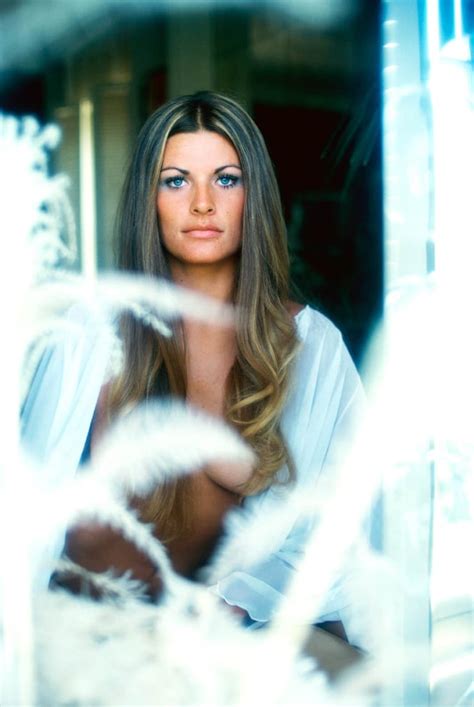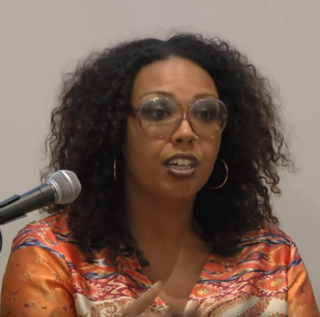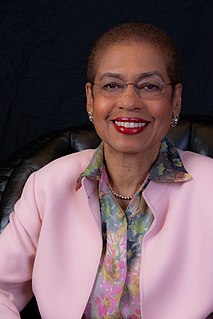A Quote by Audre Lorde
As a Black lesbian feminist comfortable with the many different ingredients of my identity, and a woman committed to racial and sexual freedom from oppression, I find I am constantly being encouraged to pluck out some one aspect of myself and present this as the meaningful whole, eclipsing or denying the other parts of self. But this is a destructive and fragmenting way to live.
Related Quotes
I'd say my relation to being a woman is, I mean being a woman is whatever you want because the concept of gender is not really real, you know? And so for me it's about being comfortable in myself. It's about allowing myself to express who I am in any way that I want to, whether that be through my clothing, the way I present myself to the world, whether that be through like my gender identity and my pronouns. It's just really about allowing yourself to really be expressive and creative.
Within the lesbian community I am Black, and within the Black community I am a lesbian. Any attack against Black people is a lesbian and gay issue, because I and thousands of other Black women are part of the lesbian community. Any attack against lesbians and gays is a Black issue, because thousands of lesbians and gay men are Black. There is no hierarchy of oppression.
I’m a black woman who is from Central Falls, Rhode Island. I’m dark skinned. I’m quirky. I’m shy. I’m strong. I’m guarded. I’m weak at times. I’m sensual. I’m not overtly sexual. I am so many things in so many ways and I will never see myself on screen. And the reason I will never see myself up on screen is because that does not translate with being black.
Maybe I'm a bad feminist, but I am deeply committed to the issues important to the feminist movement. I have strong opinions about misogyny, institutional sexism that consistently places women at a disadvantage, the inequity in pay, the cult of beauty and thinness, the repeated attacks on reproductive freedom, violence against women, and on and on. I am as committed to fighting fiercely for equality as I am committed to disrupting the notion that there is an essential feminism.
I don't really see myself that way, as some typical sexy young ingénue. I've never been that way. And, for a while, there was a disconnect between who I am and how I present myself on a public platform. That was because I didn't necessarily feel comfortable sharing that much of myself with other people who I didn't know.
The potential significance of Black feminist thought goes far beyond demonstrating that African-American women can be theorists. Like Black feminist practice, which it reflects and which it seeks to foster, Black feminist thought can create a collective identity among African-American women about the dimensions of a Black women's standpoint. Through the process of rearticulating, Black feminist thought can offer African-American women a different view of ourselves and our worlds



































